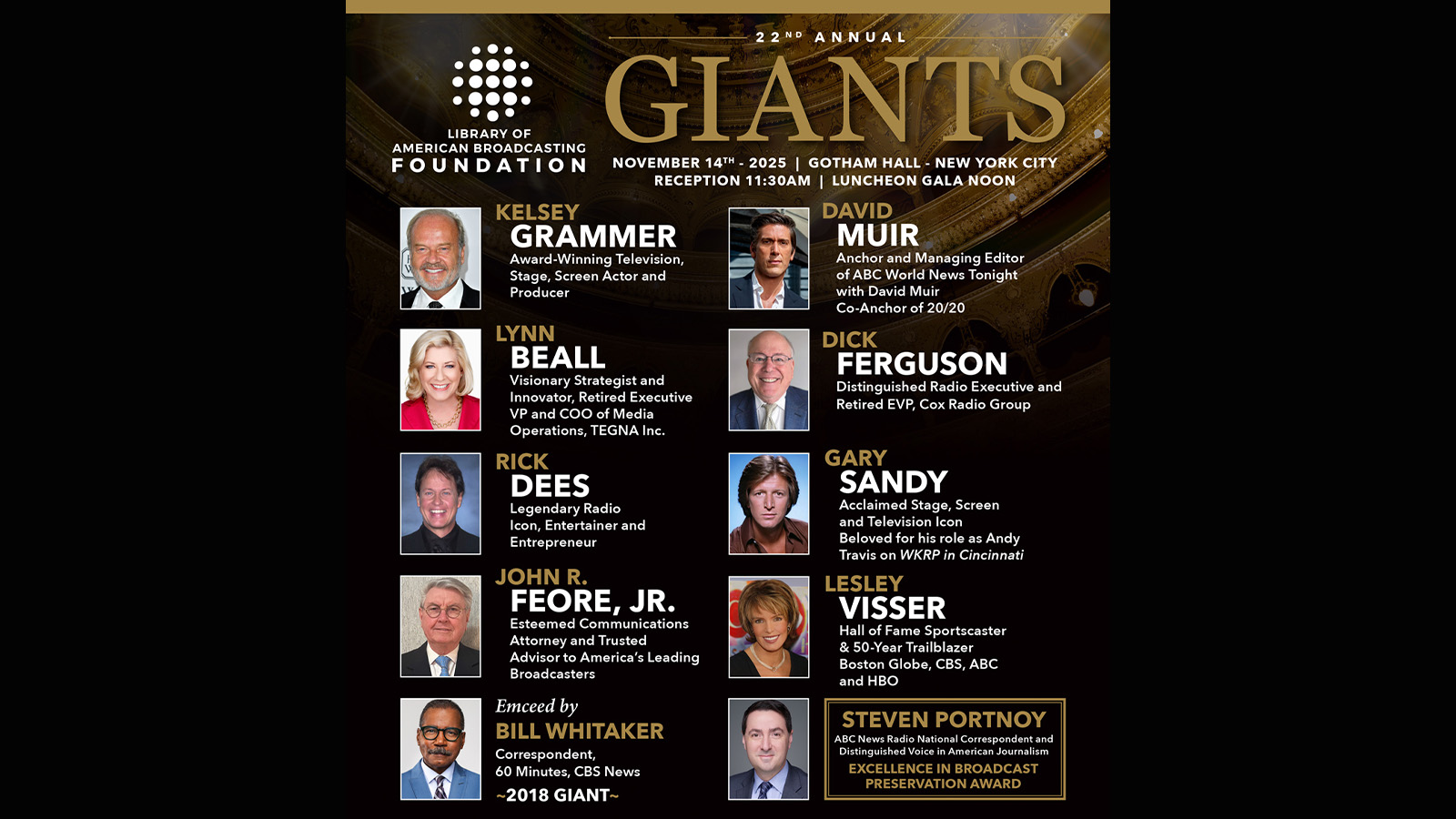FCC to Fine CBS $272,000 for EAS Violation
WASHINGTON—The FCC has proposed a $272,000 fine against CBS for allegedly broadcasting a simulated Emergency Alert System (EAS) tone during a nationally televised episode of the sitcom “Young Sheldon.”

The violation is in addition to several fines the commission levied against other media companies last month, including ABC, AMC, Discovery, and Meruelo Radio regarding the unlawful broadcast of actual or simulated alert tones. ABC’s “Jimmy Kimmell Live!” alone incurred a $395,000 fine for violating the regulations.
FCC’s Enforcement Bureau issued an Enforcement Advisory last month, reminding media companies that broadcasting actual or simulated alert tones during non-emergencies and outside of proper testing or authorized public service announcements is a violation of the Commission’s rules and a serious public safety concern.
On April 12, 2018, CBS transmitted an episode of “Young Sheldon” via at least 227 television stations, including 15 of CBS’s owned-and-operated television stations. The episode included a sound effect accompanying a tornado warning, which the producers modified, but still audibly resembled actual EAS tones.
FCC rules prohibit broadcasting of EAS tones—including simulations of them—aside from actual emergencies or authorized tests or public service announcements. These rules aim to protect the integrity of the alert system by helping to avoid confusion in the event of a public threat or emergency, alert fatigue among listeners, and false activation of the EAS by the operative data elements contained in the alert tones.
The FCC found that CBS’s modifications to the EAS tones did not make broadcasting such tones permissible because the audio elements used in the episode were substantially similar to the actual EAS tones.
Get the TV Tech Newsletter
The professional video industry's #1 source for news, trends and product and tech information. Sign up below.
Tom has covered the broadcast technology market for the past 25 years, including three years handling member communications for the National Association of Broadcasters followed by a year as editor of Video Technology News and DTV Business executive newsletters for Phillips Publishing. In 1999 he launched digitalbroadcasting.com for internet B2B portal Verticalnet. He is also a charter member of the CTA's Academy of Digital TV Pioneers. Since 2001, he has been editor-in-chief of TV Tech (www.tvtech.com), the leading source of news and information on broadcast and related media technology and is a frequent contributor and moderator to the brand’s Tech Leadership events.

